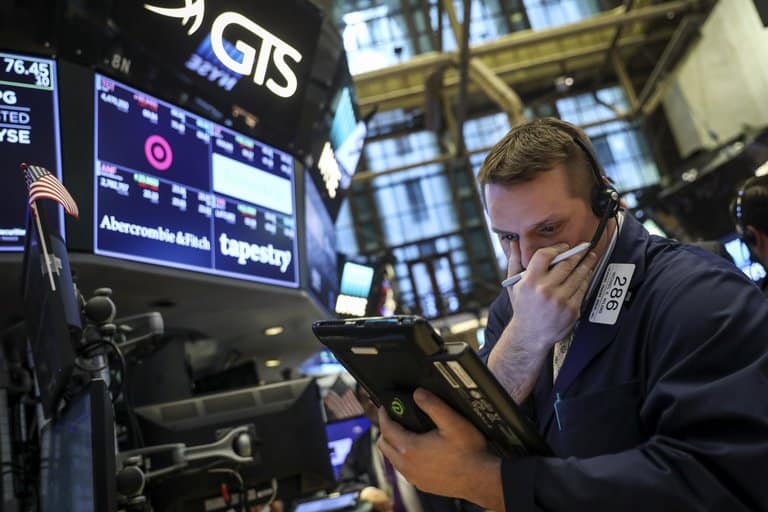We’ve been here before
An unorthodox action by President Trump unsettles investors, but after a freakout, their optimism returns and the stock market moves higher.
But will investors shrug off President Trump’s tariffs on China?
The stock market plunged Thursday after Mr. Trump announced the measures against China. Since mid-February, when the Trump administration laid out its case for steel and aluminum tariffs, the S.&P. 500 is down 3.2 percent. The Dow Jones industrial average is off nearly 5 percent.
Until now, investors might have thought they could take Mr. Trump’s trade pronouncements in stride. After all, many countries have won a reprieve from the steel and aluminum tariffs. And as Edward Alden of the Council on Foreign Relations wrote Thursday of the anti-China measures, “The administration is delaying the action to solicit comments from affected U.S. companies, and it is quite possible the final tariffs will fall short of the threats.”
Just as the Trump administration has stepped back from quickly imposing the steel and aluminum tariffs, it may soften its stance if China suggests that its open to negotiations. The world could relax.
But China may not budge. As our colleague Steven Lee Myers reports, President Xi Jinping has so far managed to navigate Mr. Trump’s rhetoric while maintaining a strong nationalist image at home. Yet Mr. Trump’s tariff announcement, along with moves perceived by the Chinese as humiliating, may prompt China to retaliate with force.
Investors would then scramble to quantify the economic repercussions. They might not be terrible.
Some American companies, like computer chip makers, get substantial revenue from China. But on average, companies in the S.&P. 500 index derive a small share of their sales from the country.
And some investors may take a long view, believing that U.S. companies have long been treated unfairly in China. A trade fight that eventually relaxes some of those disadvantageous conditions could bolster the long-term prospects of those firms. And if the U.S. is able to recruit other countries to its cause, China may relent.
Still, much could go wrong. A true test of investor sentiment will come if China fights back. Markets could fall further, creating a financial chain reaction that dampens the wider economy. A lot would depend on how Mr. Trump responds to Chinese actions. Would he up the ante?
“It’s genuinely hard to predict how this will turn out,” said Scott Kennedy, an expert in Chinese trade at the Center for Strategic and International Studies, “whether one side will back down or whether it will spiral into a trade war.”

